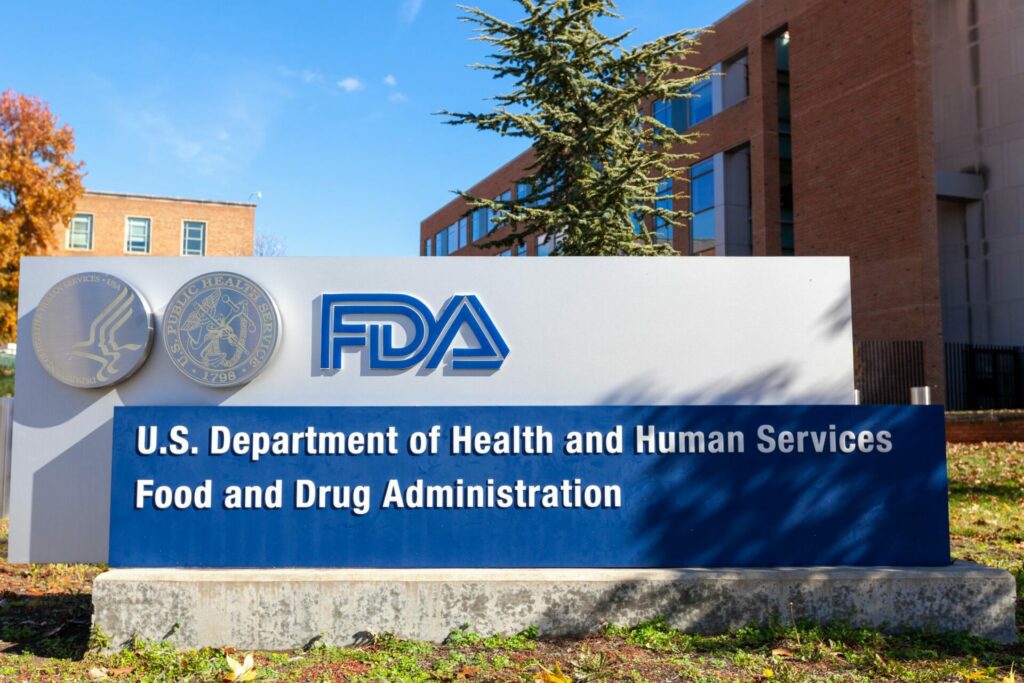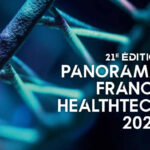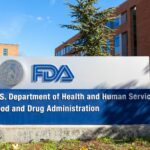Considerations for the development of CAR-T cell products: FDA webinar feedback
Biotherapy Partners experts attended the FDA webinar on considerations for the development of chimeric antigen receptor (CAR)-T cell products. Here are our key take-away messages.
Product design
Product design should be evaluated in early development based on key elements: CAR construct, vector type, cellular starting material, drug product formulation;
Chemistry, Manufacturing and Control (CMC)
– For IND-enabling studies during early development stage of autologous CAR-Ts, the use of starting material from healthy donors was considered as likely appropriate for manufacturing process demonstration batches; but applicability to cells from patients should be discussed; discussing carefully potential risks of non-representativeness.
– The importance of the uniformity of collection and processing of cells for autologous CAR-Ts was stressed; if intermediate(s) are stored, stability must be demonstrated. Maintaining a robust chain of custody and identity chain is also important for intermediate storage;
– Vector titer through transgene expression is likely to be sufficient for phase I (transgene functional potency test at release needed for later stage);
– Manage carefully manufacturing and analytical changes by assessing comparability during the CAR-T cell product lifecycle (process evolution, multi-site manufacturing, method changes & evolutions). Refer to “Manufacturing changes and comparability for human cellular and gene therapy products: draft guidance for industry”
Non-clinical
– Due to diversity of programs and modalities (autologous/allogenic, vector types used to deliver genetic material encoding the CAR to T cells (e.g. lentiviral, transposons, mRNA …) a case-by-case assessment should be performed using a combination of in vitro, in silico & in vivo studies;
– Specificity to antigen and off–target effect to be carefully documented
– Assessment of the potential for CAR-T cells to undergo stimulation-independent growth changed from “cytokine-independent growth” to “uncontrolled proliferation” to include both cytokine- and antigen-independent growth;
Clinical
– The selection of the study population should consider the anticipated risks and the potential benefits for the study subjects, to ensure that the overall benefits outweigh the risks.
– Treatment plan should be detailed extensively, as expected: starting dose, dose (de)escalation rules, management of manufacturing delays or failures, bridging therapy, definition of dose limiting toxicity (DLT), stopping rules;
– A staggered enrollment is favored for new CAR-Ts and repeat dosing is not preferred as CAR-T cell expansion on redosing is not equivalent;
For more information, please refer to “Considerations for the Development of Chimeric Antigen Receptor T Cell Products” and watch the records of the webinar recently shared by FDA
hashtag#FDA hashtag#guidance hashtag#CAR-T hashtag#drugdevelopment hashtag#nonclinical hashtag#CMC
Biotherapy Partners is a consulting firm providing support for the drug development of Biologicals like mAbs or gene and cell therapies



